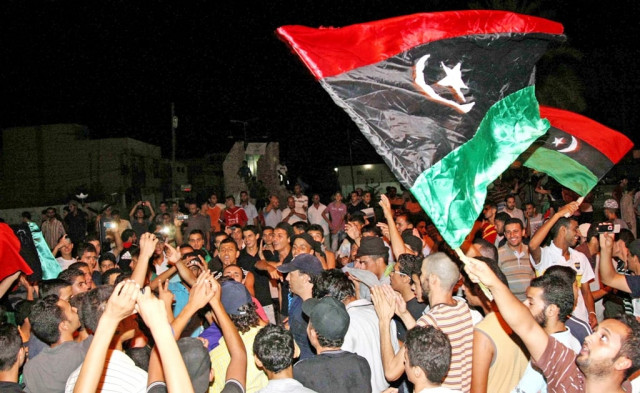Change in Libya
The scenes of joyous celebration in Tripoli and Benghazi replicate the footage that emerged from other Arab capitals.

The scenes of joyous celebration in Tripoli and Benghazi, cities that rebels say are now almost entirely in their hands, replicate the footage that emerged from other Arab capitals as a dramatic surge for change swept across the region. It is unknown, however, how long fighting may continue; a spokesman for Qaddafi has spoken of a violent war and the dictator himself has urged Libyans to fight the rebels. Still less certain is the future of Libya. The rebels have no clear leader and assessments suggest a tussle for power between various factions is possible. The rebel National Transitional Council says it has a plan, but the nature of this is unclear. The reports that the US has set up a task force in Dubai to ‘stabilise’ Libya are also worrying in that the voice and aspirations of the Libyan people, who have for over six months waged a valiant battle for freedom, must come through, without any overseas manipulation or ‘guidance’. They must now be permitted to determine their own destiny without outside intervention as ‘freedom day’ for a long-oppressed country draws nearer.
Published in The Express Tribune, August 23rd, 2011.



















COMMENTS
Comments are moderated and generally will be posted if they are on-topic and not abusive.
For more information, please see our Comments FAQ